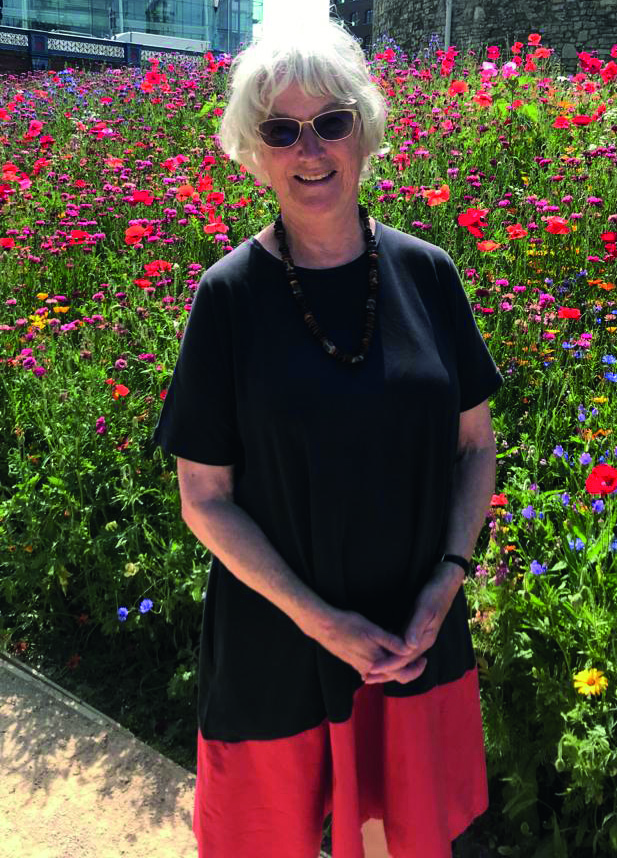
 Wolf pancakes sprinkled with petals are on the menu at the clay café at Guildford Nursery School in Surrey. Three-year-old Zak pats down his pancake, rolls it into a wrap and declares, ‘Nutella inside’. Abi rolls her block of clay into a ball, commenting on how ‘cold’ it feels.
Wolf pancakes sprinkled with petals are on the menu at the clay café at Guildford Nursery School in Surrey. Three-year-old Zak pats down his pancake, rolls it into a wrap and declares, ‘Nutella inside’. Abi rolls her block of clay into a ball, commenting on how ‘cold’ it feels.
‘Gooey, sticky clay,’ exclaims Professor Tina Bruce, who is sat around the table with the children, observing their play. In true Froebelian style, she comments on their creations and offers ideas to extend the play.
Bruce, a leading scholar in Froebelian philosophy, principles and practice, is one of a handful of educators who have been invited to the setting to look at Froebelian practice in action in the run-up to the launch of a new CPD package by the Froebel Partnership in October (see Further information). Head teacher Sally Cave takes us on a tour of the 100-place nursery school, which is on the site of a former primary school.
Register now to continue reading
Thank you for visiting Nursery World and making use of our archive of more than 35,000 expert features, subject guides, case studies and policy updates. Why not register today and enjoy the following great benefits:
What's included
-
Free access to 4 subscriber-only articles per month
-
Unlimited access to news and opinion
-
Email newsletter providing activity ideas, best practice and breaking news
Already have an account? Sign in here









